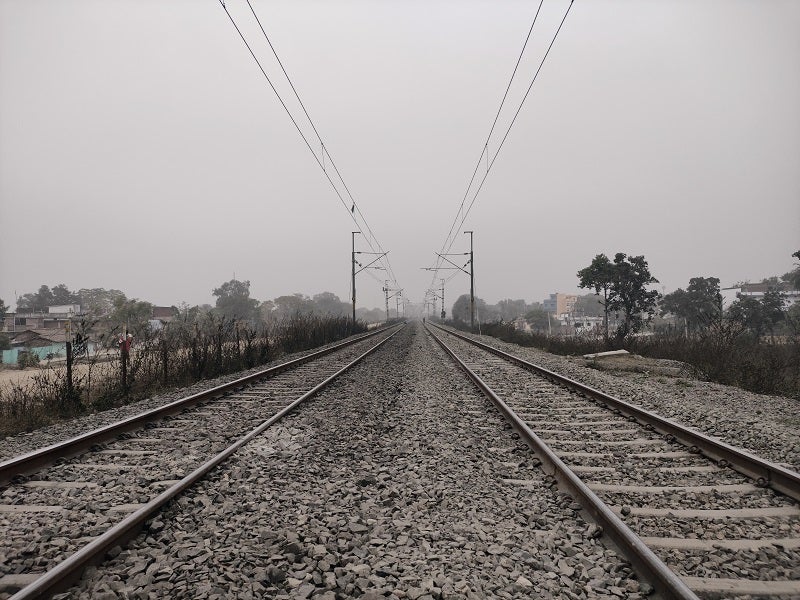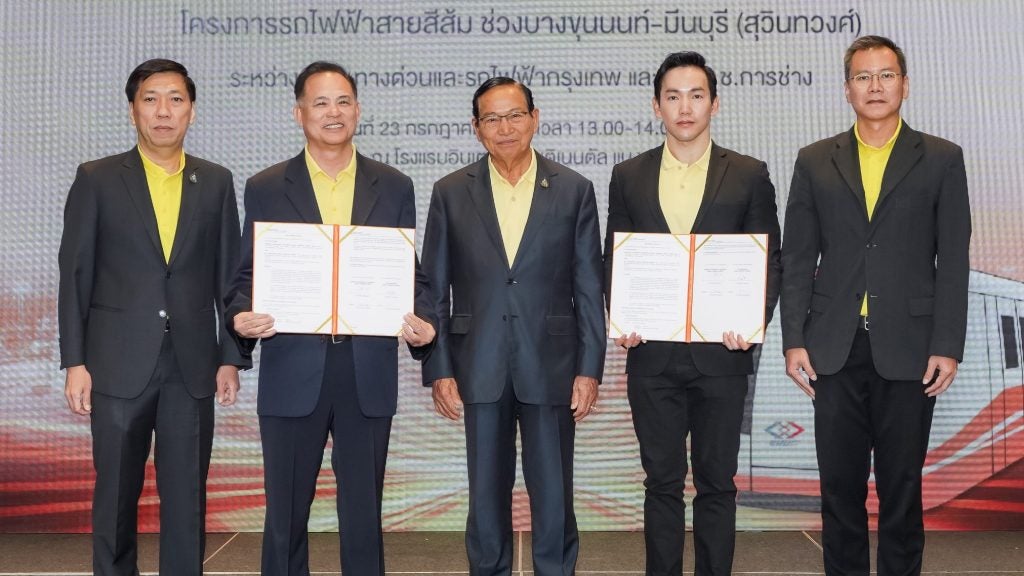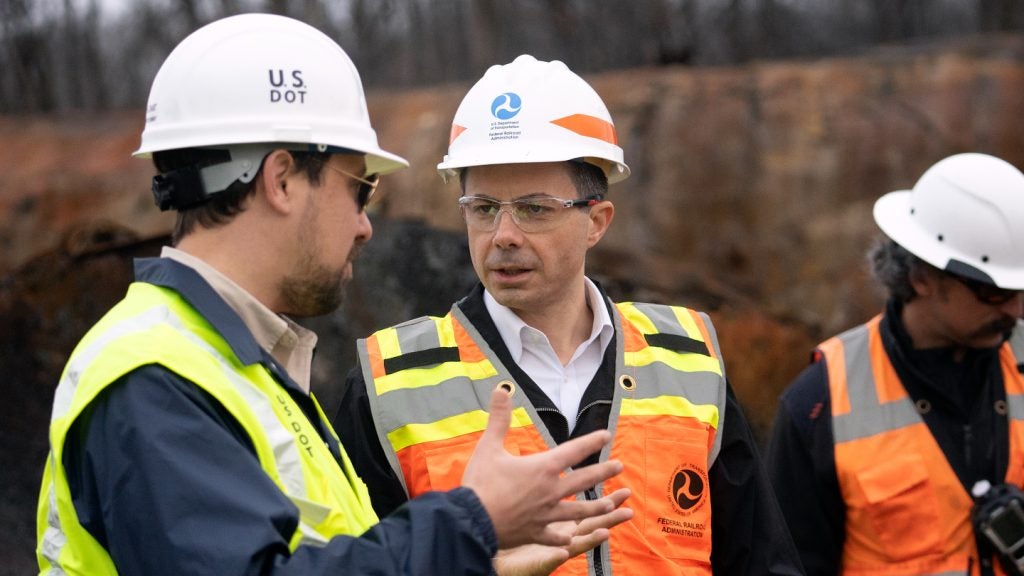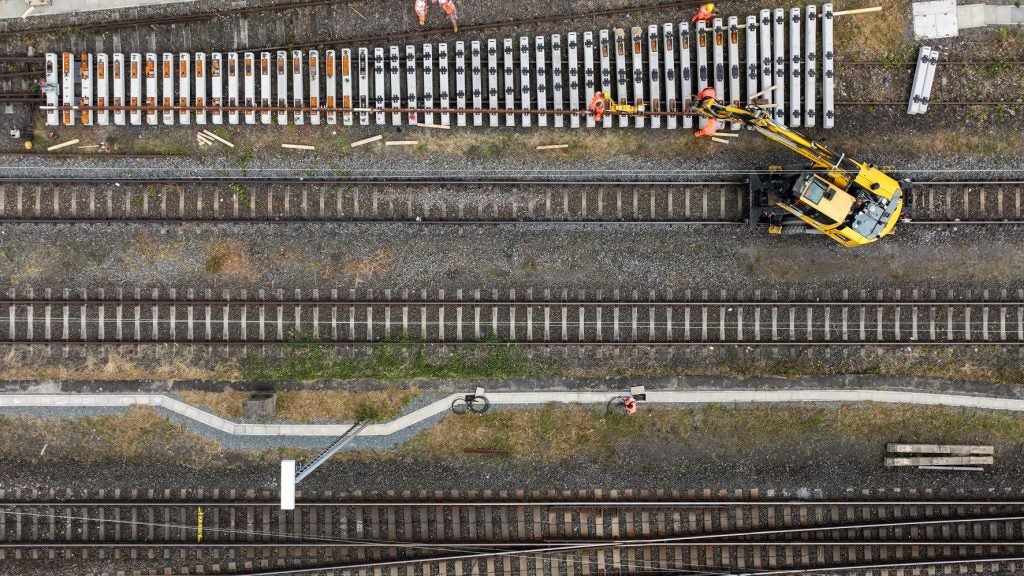
The Gandhinagar Capital railway station in the Indian state of Gujarat has been completed and is ready to be inaugurated on 16 July.
It is said to be India’s first such station to be redeveloped in accordance with the government’s plan to upgrade railway stations through Public Private Partnerships.
A joint venture special purpose vehicle, Gandhinagar Railway and Urban Development (GARUD) was established for the development of the Gandhinagar Capital railway station.
The GARUD included the equity contributions of the Government of Gujarat (GoG) and Indian Railway Stations Development Corporation (IRSDC) in the proportion of 74:26, respectively.
In a statement, the Prime Minister’s Office said: “The station has been provided with world-class amenities, at par with modern airports.
“The complete building is designed and provided with green building rating features. The state-of-the-art external façade will have daily theme based lighting with 32 themes. The station will also house a five-star hotel.”
How well do you really know your competitors?
Access the most comprehensive Company Profiles on the market, powered by GlobalData. Save hours of research. Gain competitive edge.

Thank you!
Your download email will arrive shortly
Not ready to buy yet? Download a free sample
We are confident about the unique quality of our Company Profiles. However, we want you to make the most beneficial decision for your business, so we offer a free sample that you can download by submitting the below form
By GlobalDataThe Office added that features such as a dedicated ticketing office, ramps and lifts have been added to ensure additional accessibility.
Other station features include segregated entry and exit through landscaped areas as well as an inter-faith prayer-hall, which will be the first in an Indian railway station.
Furthermore, the station includes a separate baby feeding room and centralised, air-conditioned waiting lounge.
By including the participation of private entities, the redevelopment of the station was planned by utilising the real estate potential of separate land and air space in and around the station.
These redeveloped areas will be called Railopolis.
In October 2019, the Indian Government decided to establish a committee to plan a blueprint for transferring operations of 150 trains and 50 railway stations to private entities.
Earlier this month, Indian Railways, along with its public sector undertaking RailTel, deployed IP-based video surveillance systems (VSS) at 813 major railway stations in the country.







